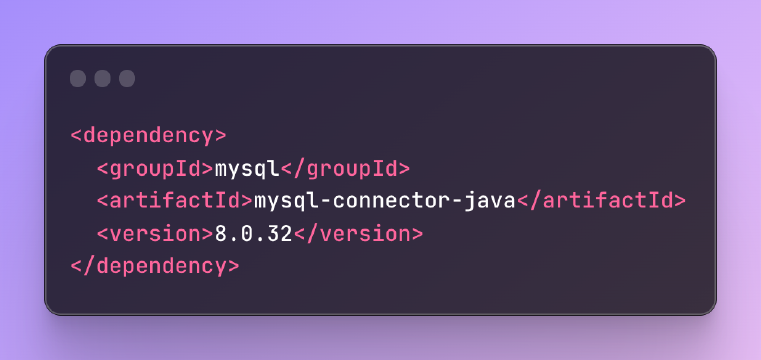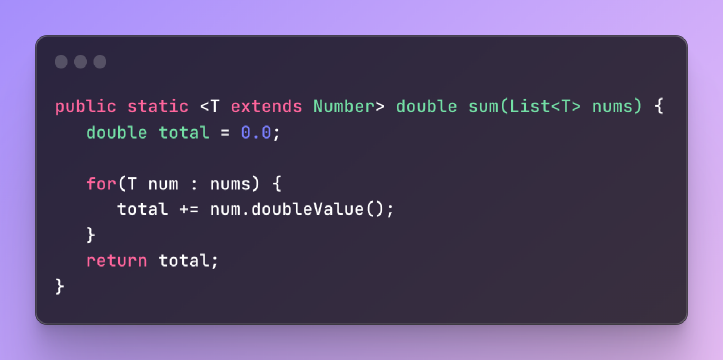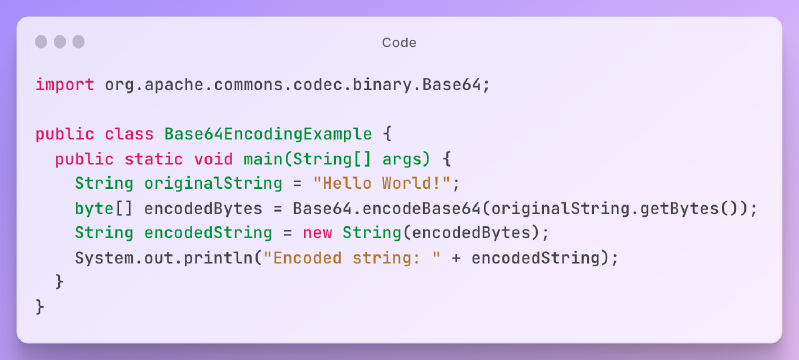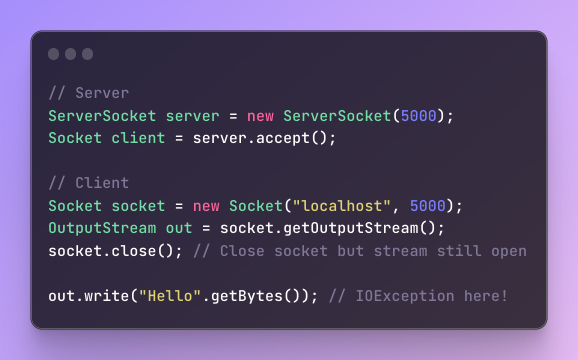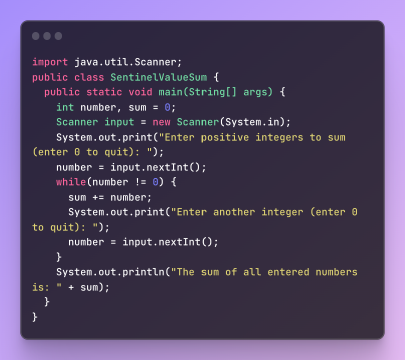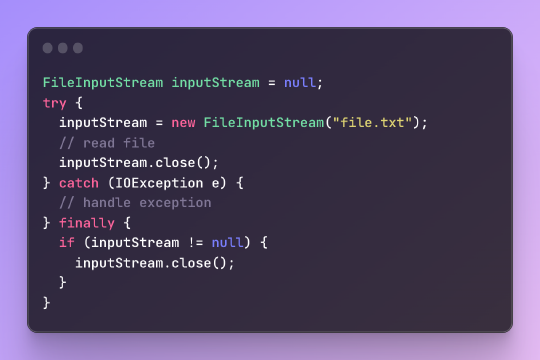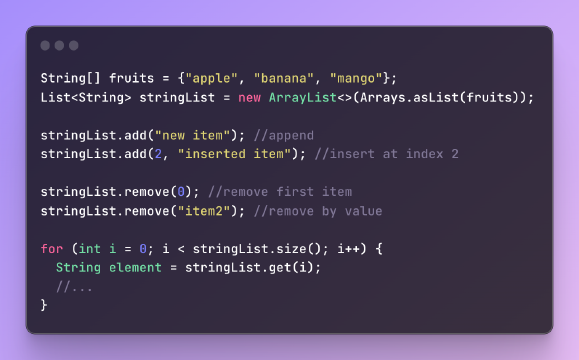Excerpt§
This article covers the standard naming conventions like camelCase and PascalCase for static functions in Java. It provides examples and tips for consistency.
Static functions are a common part of many Java programs. But what is the standard naming convention to use for static functions in Java? This article will go over the accepted conventions and best practices for naming static functions.
Introduction§
In Java, a static function is associated with a class rather than an instance of that class. Static functions do not operate on instance data and are called directly through the class name.
Some common naming conventions used for static functions in Java include camelCase, prefixes, and PascalCase. However, consistency within a project is more important than rigid adherence to standards.
camelCase§
camelCase (also known as lowerCamelCase) is the standard convention for naming functions and methods in Java. This format capitalizes the first letter of each word after the first word, which is all lowercase.
Using camelCase for static functions makes them clearly identifiable while following Java’s naming norms.
For example:
1public static double calculateAverage(int[] numbers) {
2 // function body
3}
javacalculateAverage() is a descriptive camelCase name for a static function.
Some other examples of static functions names using camelCase:
formatDate()getRandomNumber()convertToJson()
So camelCase is the dominant convention for static functions in Java.
Free Online Conversion Tools§
Switching between naming conventions like camelCase and PascalCase can be tedious. Luckily there are free online tools to quickly convert between styles:
- String to CamelCase - Converts text to camelCase
For example, pasting “Calculate Average” into this tool would return “calculateAverage”.
These tools help ensure names follow convention with minimal effort.
Using Prefixes§
Another convention you may see is prefixing static function names with words like get, set, calculate, etc.
This adds additional clarity about what the static function does. Some examples:
getMaximum()setCount()calculateSum()
Prefixes work well for static functions that get or set values and perform common calculations.
PascalCase§
PascalCase (also known as UpperCamelCase) capitalizes the first letter of every word. While less common than camelCase, PascalCase can also be used for static functions.
However, PascalCase is more frequently used for class names in Java.
Online tools like String to PascalCase make conversion easy.
Avoid Underscores§
Using underscores like static_function() is not conventional in Java. Underscores are rarely used as word separators for function or method names.
So it’s best to avoid underscores for static functions and stick to camelCase or PascalCase conventions.
Consistency Within a Project§
More important than following naming conventions is having consistency within a single Java project.
Rather than split hairs over camelCase versus PascalCase, it’s better to pick one naming style for static functions and use it everywhere in the codebase.
This ensures future readers of the code can easily identify static functions based on their consistent naming. Mixing conventions randomly will only cause confusion.
So decide on a standard naming scheme early in development and stick with it across the entire project.
Conclusion§
Naming conventions for static functions in Java include:
- camelCase - The most common and standard convention for functions
- Prefixes - Can provide additional clarity of function purpose
- PascalCase - More rare but occasionally used
- No underscores - Underscores not conventional for Java naming
However, the number one rule is maintaining consistency of naming within a project.
Use online tools to convert between camelCase, PascalCase and other naming styles easily.
Following standard Java naming conventions for static functions makes your code more organized and readable. But never sacrifice consistency within a codebase for convention.

